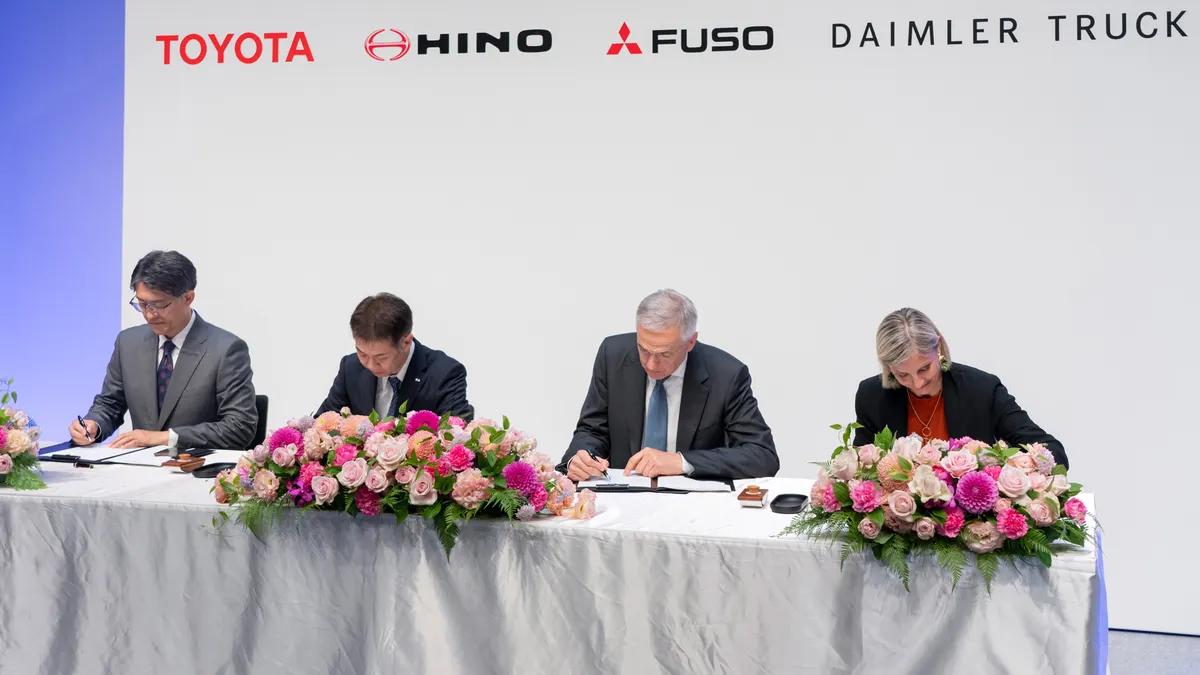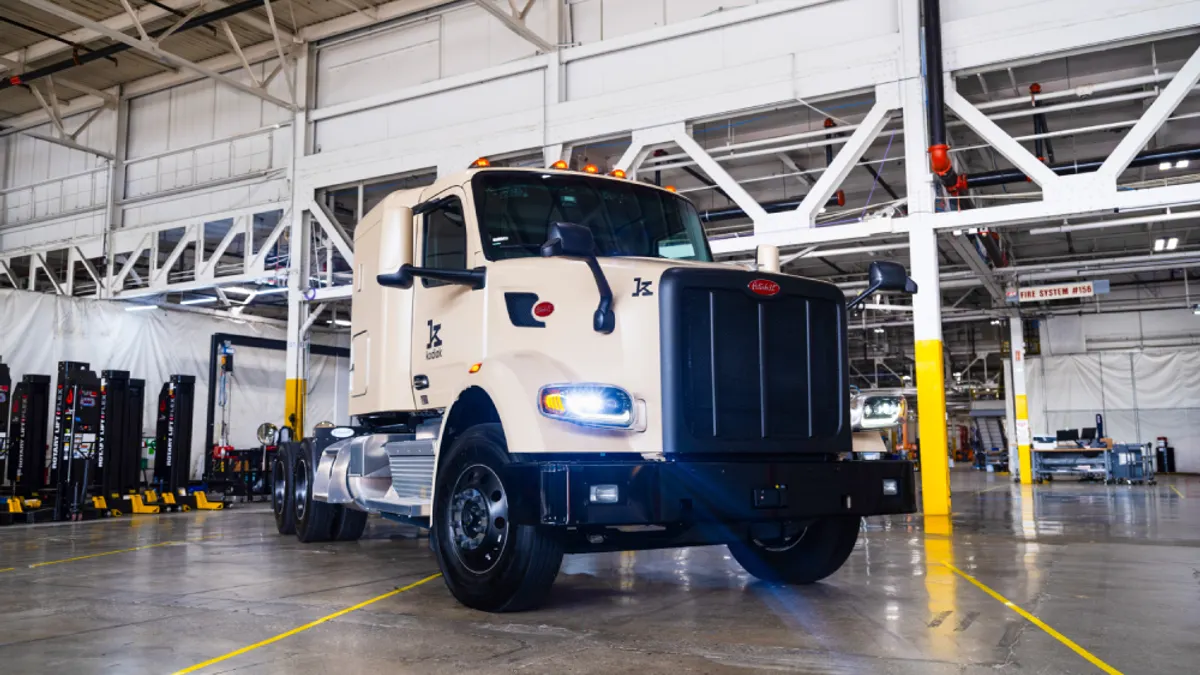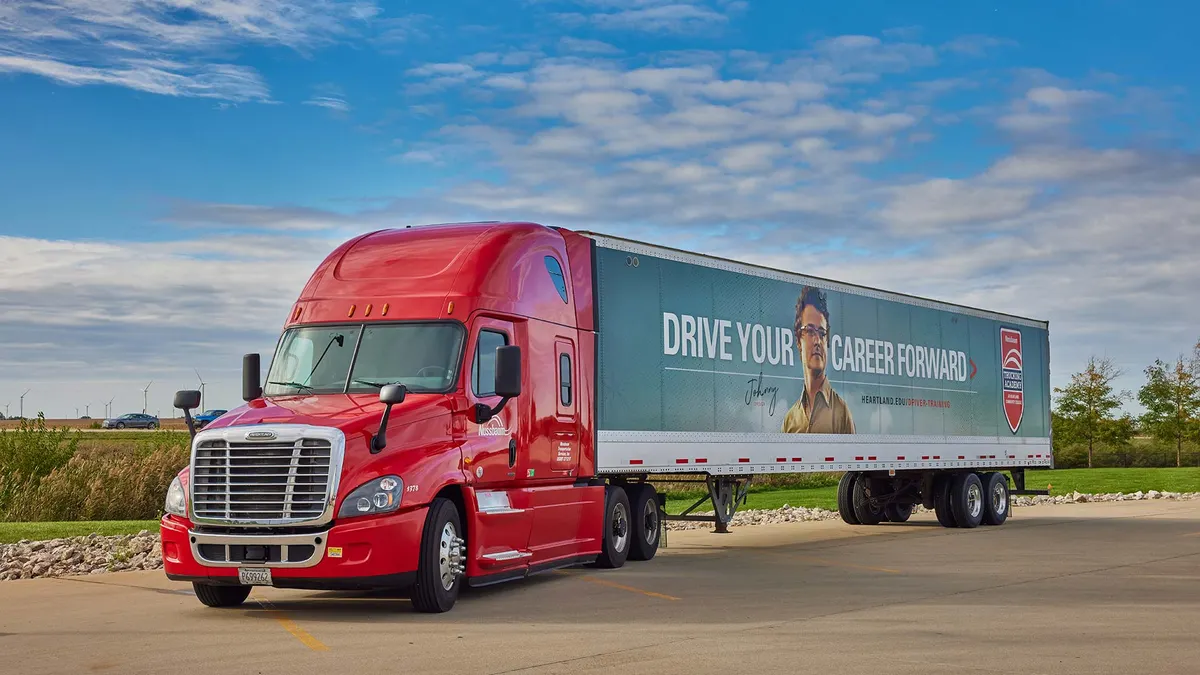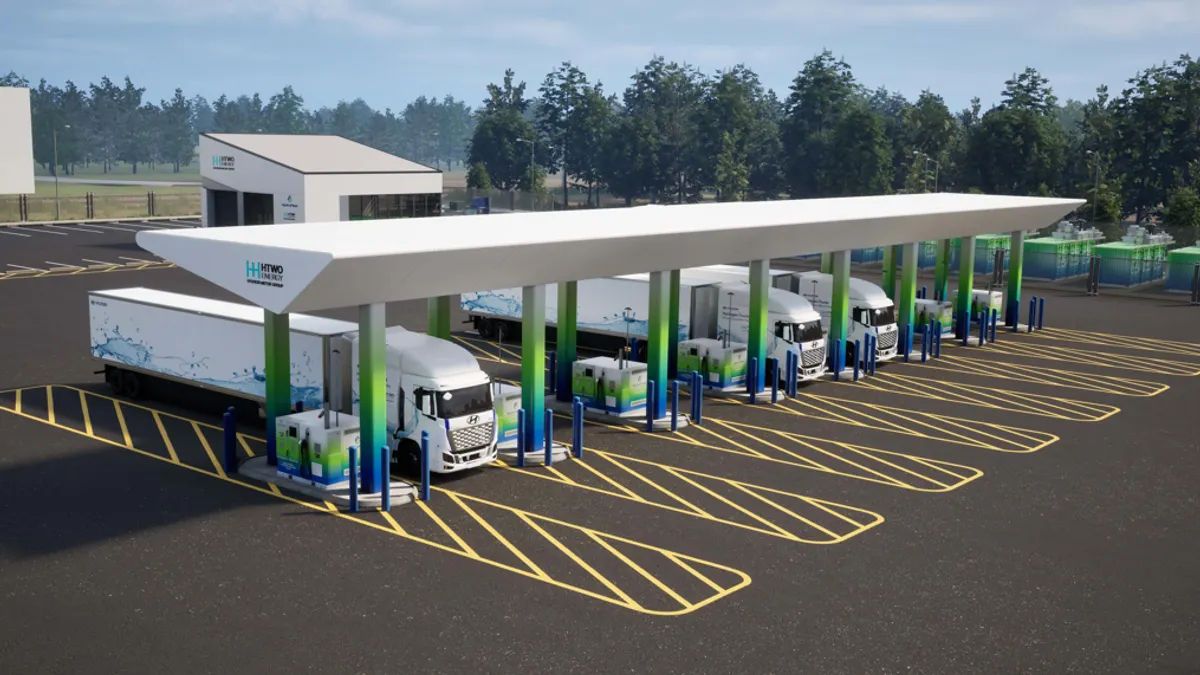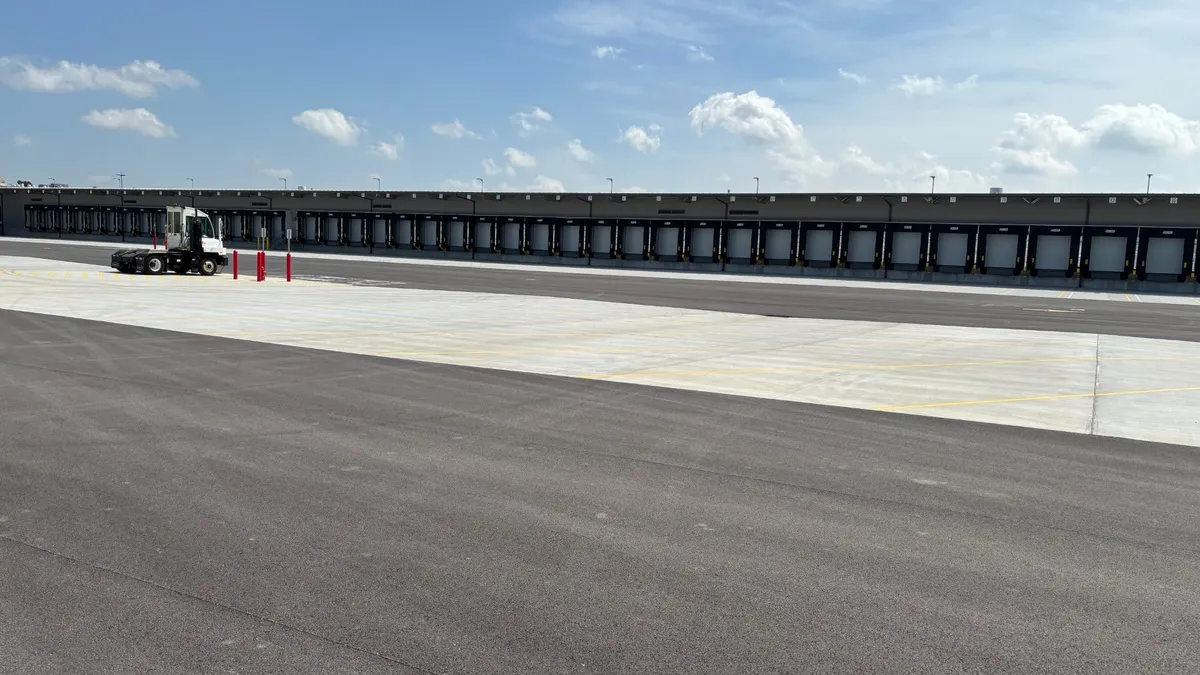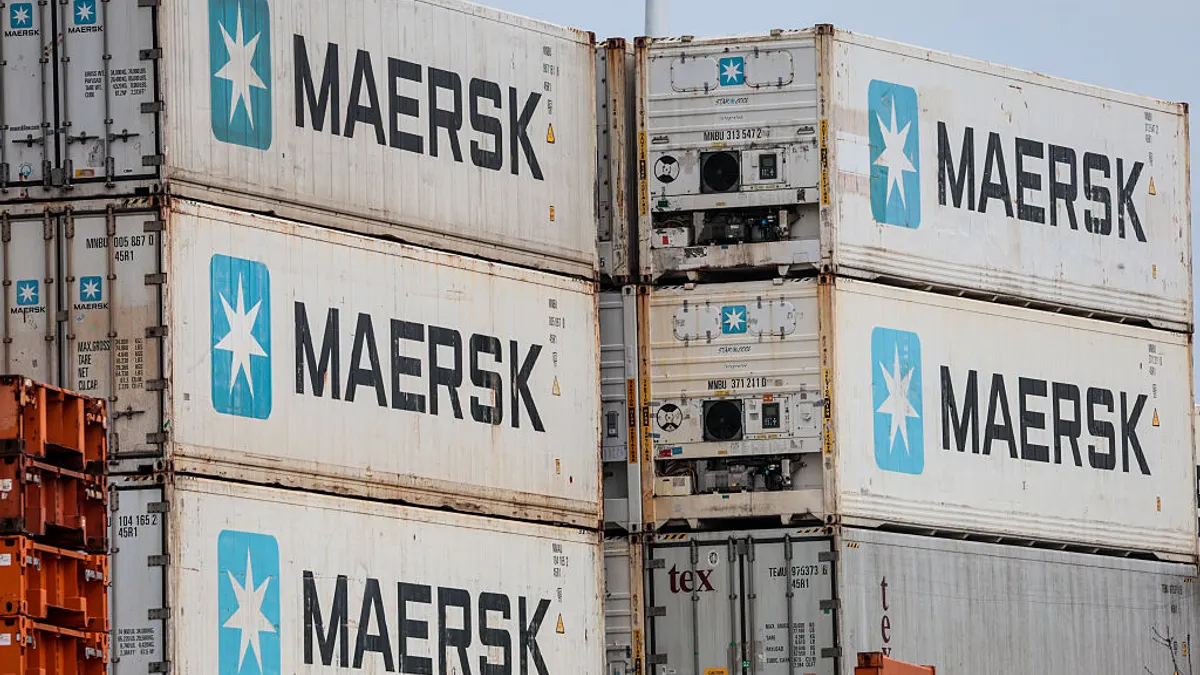In an extremely fractured market segment where you have dozens upon dozens of competitors competing for daily LTL shipments, building customer loyalty is vital. It's expressed as "goodwill" in acquisitions, and buyers pay handsomely for it. Companies spend considerably in their attempt to strengthen it.
So, when a broker steps intrusively between a carrier and its customer, it raises some concerns. I liken it to the feeling of when a stranger begins wooing your significant other of many years and he/she appears to be receptive to the rude intrusion.
The TL folks have been dealing with brokers forever. But brokers began to infringe on the LTL market just after 1980 deregulation. This was something new for us.
Were brokers friends or foes? Were they our partner? Our customer? Our competition? Retribution for some previous evil deeds of which we weren't aware?
To this day I believe carriers should choose wisely and judiciously those brokers and 3PLs to whom they provide their valuable services to resell. The right third party will attract the right business that supports your network needs.
Of course, you can choose to do business with them all if you want revenue growth. But, as one of my past bosses used to say,"We have to be careful that we don't grow broke." Spot on. You really need to control just how much of your money you allow brokers to make their money.
Figurative slaps in the face
Many years ago, I listened to Terry Jones, founder of Travelocity, speak with great pride and confidence about how the company disrupted the travel industry. He spoke also about how he envisioned the disruptive concept to be applied throughout all service industries.
He didn't say anything that I didn't already know, at least intuitively; the emergence of brokers in the LTL service space was already recognized as stated above (see the "retribution for evils" statement).
I approached Jones at the end of his talk and asked him if he was actually advocating commoditizing all service industries, like mine. His response was sobering:
"Make no mistake about it! Our job is to make your money, our money!"
I was really — let's say, miffed. Never had anyone so directly and aggressively back-handed me across the face with the fact (figuratively speaking).
The right third party will attract the right business that supports your network needs.

Soon after, I found myself in the office of a growing southeast LTL broker being "lectured" by the owner. Braggadociously, and with as much condescension as he could muster, he laid it all out for me.
And I paraphrase (with decidedly more eloquence ):
"We know that 50% of your customers are large and unprofitable due to your aggressive pricing. That's typical for most LTL carriers. They pay your light bills. You guys call it contribution pricing." ("Hahaha," he added.)
"We know that the remaining 50% are where you make your profits," he continued. "They subsidize your large customer relationships. It's that group and your profits that we are targeting. We are going to commoditize the LTL industry and there's nothing you can do to stop us!"
Yet another figurative pummeling and slap to the face.
Brokers (some try to pass themselves off as a 3PL) promise LTL customers 20% - 30% transportation savings. Their negotiation "tactics" are many, but their main one seems to be to approach the carrier (many carriers simultaneously) with a promise of increased volume for larger discounts.
I don't think they ever really intend to increase your volume, as they make the same promise to the multiple carriers they place under contracts that they intend only to honor when/if convenient. I lost count of the number of times brokers demanded we renegotiate price in the middle of contracts. In my experience, requesting the same as the changing market reflected led to being heavily chastised — and that's a very tame depiction, I assure you.
I have always felt that we, as carriers, terribly underestimate our power in these relationships. Brokers have no assets. They need you more than you need them.
If you provide a good service, one that provides a demonstrated value to appreciative freight customers, stand your ground and hold the price that you need to support your services.
Serving two masters
Make no mistake: I'm not intending to be critical of 3PL firms whose purpose it is to provide professional direction and expertise to supply chains. Although their administrative requirements can be a royal pain in a carrier's tailpipe, they generally work to the best interest of all. They recognize the value of those who hold the conveyance assets, and they respect the carrier-customer relationships.
Intermediaries of this nature can serve a useful purpose for the carrier and the customer. Brokers, not so much.
The carrier-customer relationship has become somewhat diluted and more complicated at the same time, thanks to brokers. The carrier now has two masters who don't necessarily have the same expectations and intentions.
I wonder if this wasn't inevitable. In my view, it probably was.
The carrier now has two masters who don't necessarily have the same expectations and intentions.

Carriers forced the customer to use multiple carriers as we selectively negotiated for our preferred lanes and rejected the undesirable. Considering that the transportation function at most small to mid-sized companies is not well-funded nor sufficiently supported by their management, it's no wonder they turned to a source who could consolidate the processes for them.
Rate negotiations, customer service, claims administration, disputes, bill payment — all huge headaches for the inexperienced traffic department, now administered by an intermediary. Who wouldn't want that?
The LTL industry hasn't become completely commoditized. But as carriers, especially smaller ones, continue to depend more and more on the brokers and intermediaries for revenue generation, the risk of total commoditization becomes a more realistic threat.
I would implore LTL carriers to choose their Intermediaries, especially brokers, carefully and use them sparingly (no more than 10% of revenue). After all, they exist primarily to make your money, their money, just like Jones said.
Lanny Fleming began his career with Roadway Express in 1977. He was with American Freightways and FedEx Freight for 20 years, and UPS Freight for six. Views don't necessarily represent those of Transport Dive.








